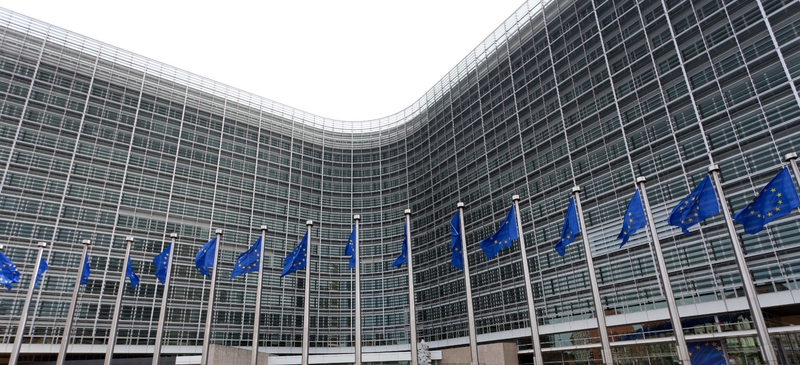
Elect the Commission
The European Commission enjoys little legitimacy in the eyes of most Europeans. So long as it is run by appointed politicians it will continue to be seen as a remote and overbearing bureaucracy. Europe's governments, viewing the Commission as a rival power, have happily left it illegitimate - while expecting it to carry out a wide array of complex and difficult tasks. But the governments will not be able to have their cake and eat it for ever. For when the EU consists of 20 or more countries, as it will by 2010, the job of managing the single market and the inevitable "variable geometry"-not every member will take part in every policy area-will require a Commission with more authority than it has today.
That means an elected Commission. Pan-European elections of rival slates of potential commissioners would not, for the time being, be feasible: few politicians are well-known in many EU countries and the transnational parties remain under-developed. Instead, the voters of each country should elect their own commissioner. One scheme for national elections of commissioners is proposed in Can Britain lead in Europe?, a new CER report. The European Council would choose one of the elected commissioners as president. To ensure that commissioners did not pander to national interests, their terms of office would be non-renewable. The European Parliament could sack any commissioner that it considered corrupt or incompetent on a two-thirds vote.
EU governments, of course, are unlikely to implement such a radical reform any time soon. But in the long run, if they are serious about reducing the gap that separates ordinary people from EU institutions, and if they want an enlarged Union to work effectively, they will have to give the Commission some democratic credentials.
